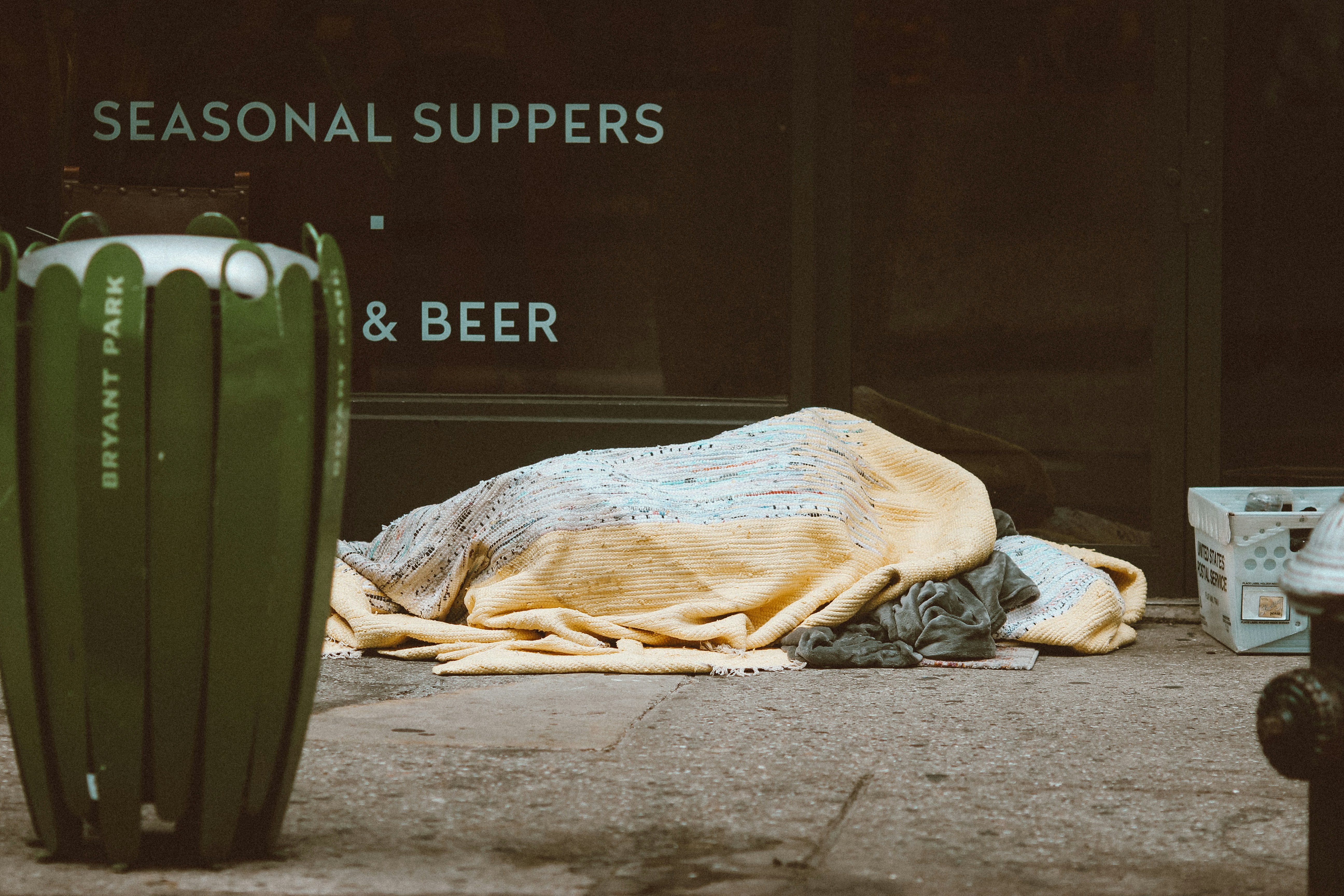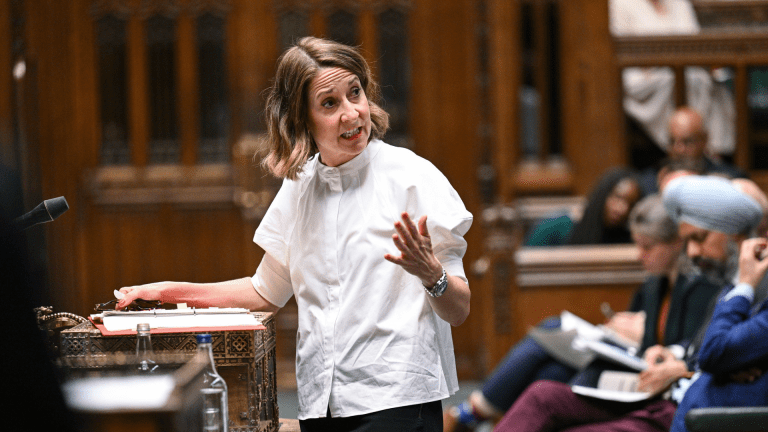Last week, we were served with a stark reminder of the scale of rough sleeping in our capital. 11,993 people were seen rough sleeping in London between 2023 and 2024, according to the Combined Homelessness and Information Network (CHAIN) annual report – a 19% increase on the year before. These figures are devastating, but even more worrying is the 33% increase in young people aged 18-25 seen rough sleeping during this period. A further 13 were under the age of 18.
Frontline organisations like New Horizon Youth Centre in Camden can back this up too – they are seeing more young people come through their doors than at any time in their 57-year history, and now more than 40% of the young people visiting the centre are rough sleeping, up from a third the year before.
- Labour manifesto’s ‘vague’ plans on homelessness unpicked: ‘Next to nothing for those on the margins’
- Young people to the next government: Make homes truly affordable
Young people experiencing any form of homelessness are incredibly vulnerable, but rough sleeping exposes them to a range of threats and potential exploitation. Too often these young people, many of whom have gone through recent family or relationship breakdown, are left with no option but to spend their nights sleeping in parks or tents – putting them at risk of abuse or harm from those around them.
We do know that it is possible to end rough sleeping if the political will is there. Sadly, any progress we saw through the ‘Everyone In‘ initiative has gradually reversed as the number of rough sleepers reported by CHAIN has increased by more than 1,000 since the initiative’s implementation in March 2020.
Alongside rough sleeping, other forms of homelessness have increased significantly. This is pushing local councils, who are legally responsible for providing support to anyone facing homelessness, to breaking point. The ongoing housing crisis has meant that a record number of households have been pushed into living in temporary accommodation. This is eating upcouncil’s already limited resources, forcing many to make a near impossible choice on who does and who does not get support.
While everyone facing homelessness is vulnerable, some councils are rationing their services – meaning that young people struggle to receive assessments, let alone support. In the last year, for example, more than 400 young people have contacted the Centrepoint Helpline for assistance because they have not been able to get in touch with or receive support from their local authority, despite the statutory duty for councils to do exactly that.










